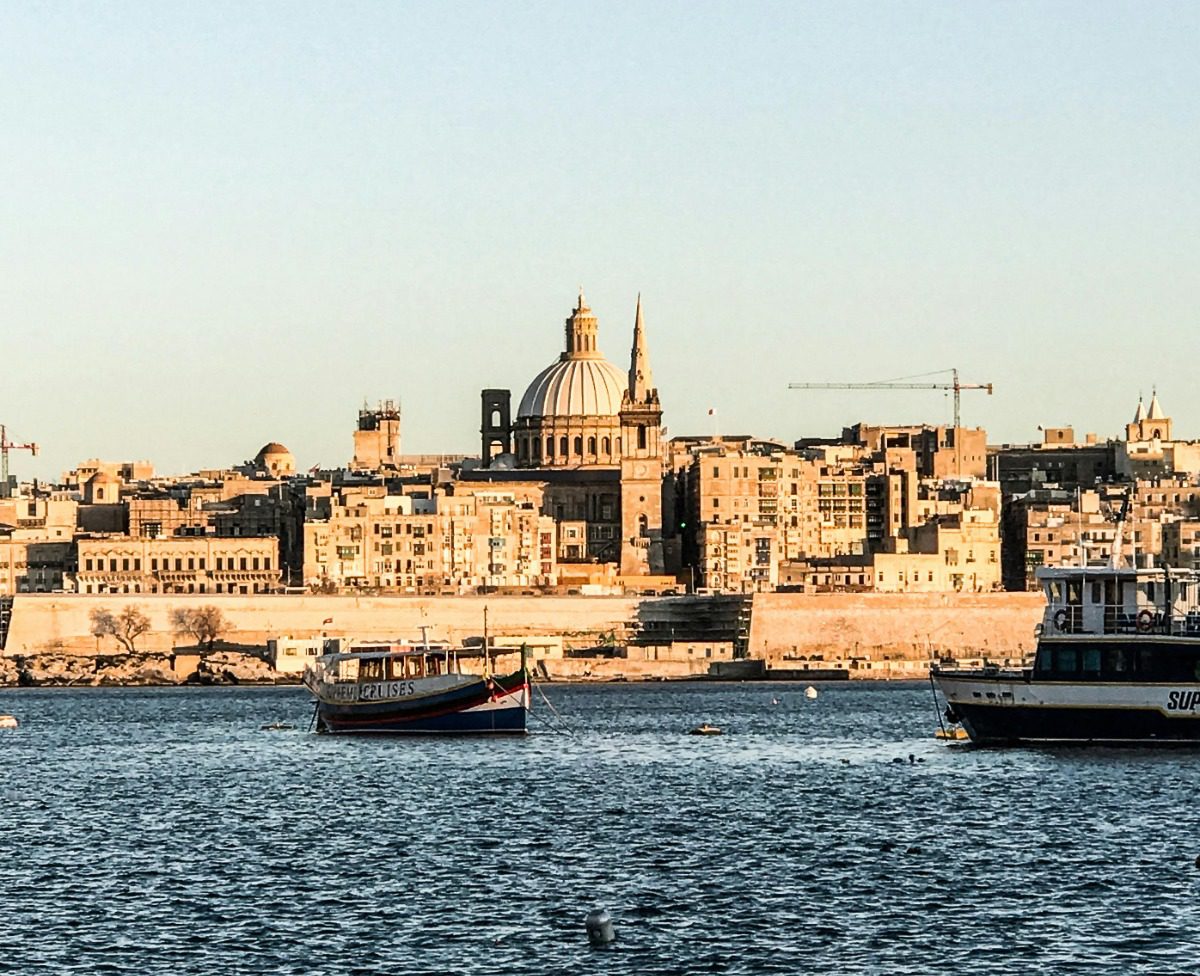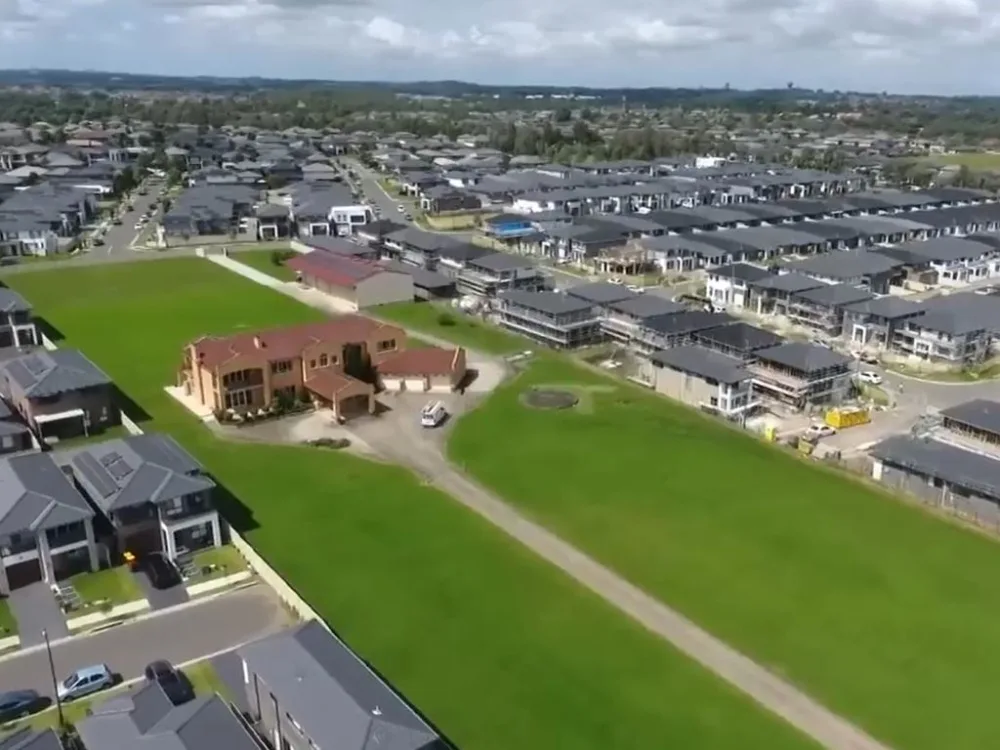In words that throw the potential impact of the ongoing staff shortage into sharp relief, The Malta Chamber is calling for significant support to prop up the labour market as the country’s growing economy risks reaching a ceiling due to limitations on the supply of workers.
During a discussion on the main factors they can inhibit local and foreign entrepreneurs from investing in Malta, and which Government needs to address to maintain the country’s competitive edge, The Malta Chamber CEO Marthese Portelli told BusinessNow.mt that the critical role of human resources “must not be underestimated”.
“If such limitations are not properly dealt with in a timely fashion, the country’s future wealth and prosperity will be compromised,” she said.
The labour shortage has been making headlines for well over a year, as travel restrictions to stop the spread of COVID-19 also stopped the free flow of labour between countries.
The hospitality and catering industries have been among the hardest hit, forcing hotels to operate below their full capacity and restaurants to close at certain times or days to prevent employee burnout.
Compounding the shortage for these sectors is the ongoing trouble at the High Commission of Malta in India, which issues visas to Indian, Nepali, Bangladeshi, and Pakistani nationals who have a job offer from a company based in Malta.
Meanwhile, Government has frequently been the target of business associations’ criticism for its hiring practices, which they say takes workers out of the productive economy and further limits the talent pool available for private work.
The issue goes beyond those industries which are most dependent on foreign sources of cheap labour or low-skilled workers, however, with employers finding that financial services professionals and software developers, for example, are also rather scarce.
The Chamber’s suggestions
The Malta Chamber’s pre-Budget document outlined a number of recommendations aimed at nurturing, upskilling, attracting, and retaining talent. These include the introduction of tax breaks to encourage highly qualified Maltese nationals working and living abroad to return to Malta, and a revision in the income tax categories so that working parents benefit from the same lower tax rates, irrespective of whether their spouse is in gainful employment or not.
Another suggestion put forward is to widen the scope of the Key Employment Initiative scheme to attract individuals in possession of certain critical skills and qualifications that are running short in the labour market.
One idea that could prove to make a big difference all on its own, and dramatically improve the conditions of migrant workers, is the introduction of a three-year validity for the work permits of third country nationals (TCNs) once they have completed their first year working in Malta.
Currently, TCNs dismissed or made redundant from their work have less than two weeks to get out of the country or risk falling afoul of the law – far too little time to find and start another job, in most cases.
“Like any other country, we need to constantly be on the look out to safeguard our competitiveness and attractiveness. Like any other country, there are areas for improvement,” continues Dr Portelli.
Other pain points
Apart from human resources, she says, the cost of business administration caused by unnecessary bureaucracy needs to be addressed, as well as the issue of the increase in maritime transport costs.
“As an island, rising maritime transport costs inevitably impact the competitiveness and profitability of Maltese businesses reliant on shipping,” she says. “Our physical ‘disconnection’ from the mainland is placing drastic competitiveness consequences on our manufacturing, logistics and shipping industries.”
Spatial development is another priority, as the “uglification” of Malta detracts from its attractiveness to tourists and foreign capital alike.
“We need to rethink our strategies to ensure that we have a more aesthetically pleasing urban development, to promote our culture and history better, and to invest in the preservation of our natural landscapes and more greening, to better our tourism offering,” explained Dr Portelli.
Plenty to build on
She points out, however, that things like the continued good performance of sectors like financial services and iGaming, despite the Malta’s brief stint on the FATF grey list, put the country in good stead to continue growing and improving.
“Financial services is a vital pillar of the Maltese economy, accounting for approximately 11.2 per cent of total Gross Value Added (GVA), and 10.2% per cent of employment,” she says.
“Over the last year, this sector has had to adapt to Malta’s greylisting by FATF and is now looking to take advantage of Malta’s renewed status as a safe jurisdiction for financial services. Following our delisting, Malta can capitalise on the global post-pandemic recovery, with a favourable tax rate for foreign investment, access to the EU Single Market and a well-established existing financial sector. “
Dr Portelli also points to yachting and aviation as two sectors that are equally thriving, insisting on the need to “remain constantly on the watch to ensure that we remain comparatively advantageous so as to continue increasing our jurisdictional attractiveness”.
Featured Image:
Malta Chamber CEO / Photo by Alan Carville
Government finances reach surplus of €142.3 million, marking significant turnaround
The figure shows a recovery from the €47.8 million deficit during the same period last year
Stubborn Zammit family in Australia back in the spotlight for refusing developers
Their stubborness serves as a powerful reminder of the importance of individuality and resistance in the face of relentless urbanisation
Government-mandated border control checks scheduled for travellers next week
Targeted controls will take place ahead of the 31st Ministerial Council of the OSCE






